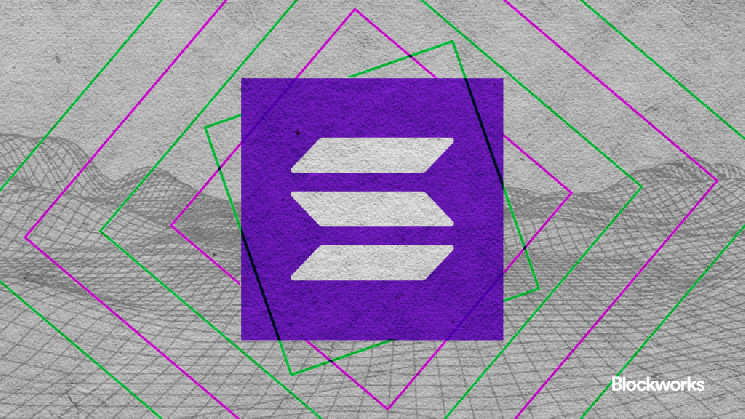This is a segment from the Lightspeed newsletter. To read the full editions, subscribe.
Solana-based confidential computing startup Arcium has acquired one of its Web2 competitors in Inpher, the team told Lightspeed exclusively.
As part of the deal, Arcium will acquire Inpher’s core team and technology. The terms were not disclosed. The crypto startup’s acquisition of a non-crypto startup comes shortly after Stripe acquired stablecoin platform Bridge, raising hopes that the crypto M&A market could heat up.
Arcium started as a Solana privacy protocol called Elusiv before being rebranded as a general-purpose, confidential computing startup. In May, the team announced a $5.5 million strategic funding round led by Greenfield Capital, promising to help developers create “fully confidential applications onchain.” Arcium has yet to be launched.
During a conversation in a Manhattan coffee shop recently, I asked the company’s CEO, Yannik Schrade, why the world needs confidential computing.
‘Would you like to tell me your social security number? No?” he asked in response. He added that sensitive data is often stored in an encrypted format on the Internet, but when information is converted, it must be decrypted, leading to a “single point of fail” that allows sensitive information to be lost. can be made public. Schrade added that use cases such as collaborative AI training can use confidential computing to reduce the risk of data breaches.
Schrade called the Inpher team a research-driven “powerhouse” that has made significant contributions to cryptography. “Now we have a very important set of PhDs in the Solana ecosystem,” Schrade said.
According to Crunchbase, Inpher has raised a total of $14 million since 2016, with funding from JPMorgan and the Amazon Alexa Fund. It had recently started marketing itself as a service for private and secure interaction with AI.
Confidentiality is a core component of crypto, which in theory can serve as a means by which multiple parties can transact or collaborate without having to trust each other. But so far, some of the more futuristic potential uses of the technology, such as zero-knowledge proofs – which can verify that a message is true without revealing its contents – have yet to be realized.
Schrade stuck a nicotine pouch in his lip before explaining his approach:
“We’re not just doing some abstract research papers that maybe ultimately no one would use, but instead we’re creating practical technology, practical research and combining that with interfaces that developers can just use without having to learn new paradigms. .”

